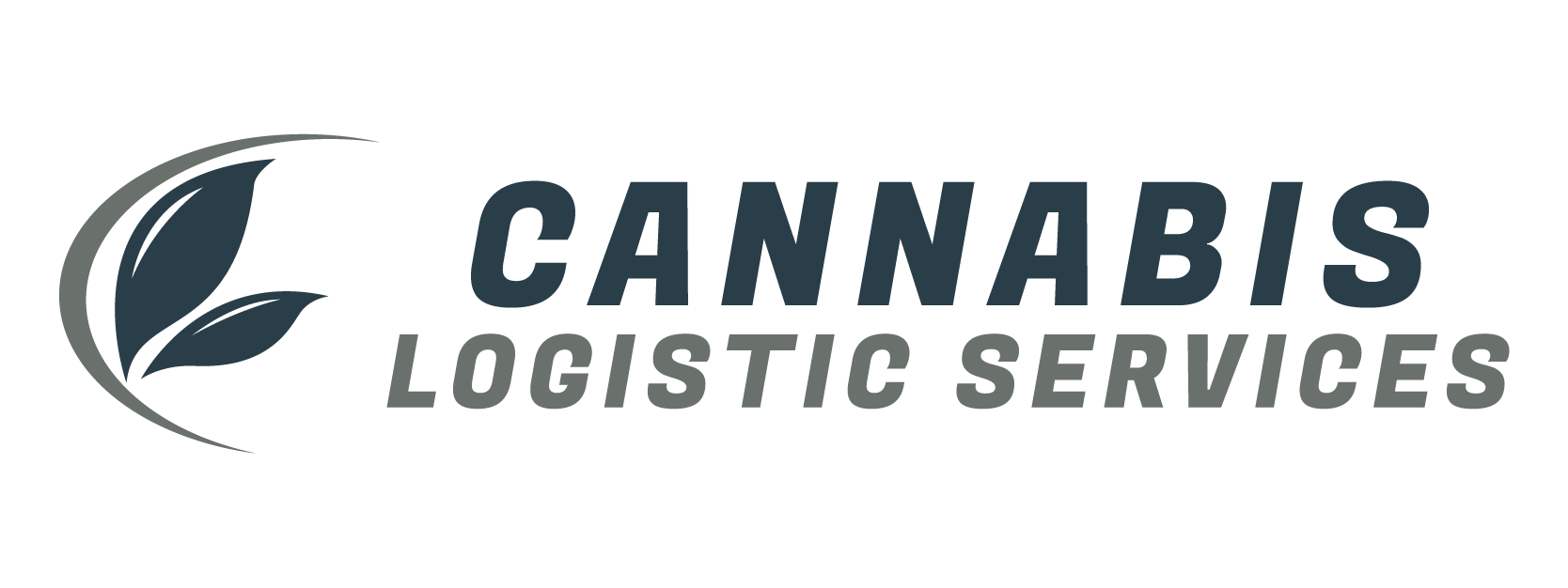In the fast-evolving cannabis industry, few operations are as essential—or as complex—as bulk and wholesale distribution. This critical component of the supply chain ensures that large quantities of cannabis products move safely, compliantly, and efficiently from cultivation and manufacturing sites to retailers, processors, or other distributors. As legalization expands and demand scales up, mastering wholesale logistics has become a top priority for cannabis companies and third-party logistics (3PL) providers alike.
What Is Bulk and Wholesale Cannabis Distribution?
Bulk distribution in cannabis refers to the transportation and delivery of large volumes of product—whether raw flower, biomass, oil, or finished goods—between licensed businesses. Wholesale, meanwhile, involves selling these products in bulk quantities, typically between cultivators, processors, manufacturers, and dispensaries. Unlike retail operations that serve individual consumers, wholesale distribution occurs entirely within the business-to-business (B2B) space and must comply with stringent regulatory standards at both the state and local levels.
In the U.S., wholesale cannabis distribution is only legal between licensed operators, and each transaction must be meticulously documented using a state’s seed-to-sale tracking system, such as Metrc, BioTrack, or Leaf Data Systems. Every gram must be accounted for, and every handoff logged, making compliance a central pillar of distribution logistics.
A Vital Supply Chain Link
Bulk and wholesale distribution acts as the bridge between the cultivation/manufacturing phase and the point-of-sale, which makes it foundational to a healthy cannabis supply chain. Without well-orchestrated logistics, products can face delays, degradation, or even regulatory penalties. Distribution teams are tasked with maintaining product integrity—especially for sensitive goods like concentrates or edibles—and delivering inventory with precision.
According to New Frontier Data, cannabis businesses that streamline wholesale distribution are more likely to reduce operational costs and improve inventory turnover. Efficient logistics also minimize product loss, ensure proper storage conditions during transit, and reduce the risk of legal issues stemming from mismanagement or untracked movement.
Key Logistics Considerations
Wholesale cannabis distribution must be more than just moving large quantities from point A to point B. Specialized transport vehicles with secure storage, climate control, and GPS tracking are commonly used. Drivers must be trained in regulatory compliance, and manifests must accompany every load.
In vertically integrated companies—those controlling cultivation through retail—internal wholesale distribution becomes a daily operation. For others, third-party logistics (3PL) firms provide critical support in navigating multi-state supply chains, managing fulfillment centers, and handling bulk order deliveries for multiple clients across multiple jurisdictions.
Compliance and Record-Keeping
The compliance landscape adds another layer of complexity. Transport manifests, weight verification, license matching, and system log-ins must all be completed for each transaction. Missteps can lead to license suspensions or hefty fines, making thorough record-keeping not just best practice, but mandatory.
As of 2025, over 20 U.S. states regulate cannabis wholesale operations with their own unique rules, underscoring the importance of logistics partners that understand region-specific compliance requirements.
In Summary
As the cannabis market matures, efficient and compliant bulk and wholesale distribution will be one of the most crucial differentiators in a competitive landscape. Logistics managers, transport specialists, and 3PL partners who prioritize precision, compliance, and innovation are not just moving product—they’re driving the future of the cannabis supply chain.
